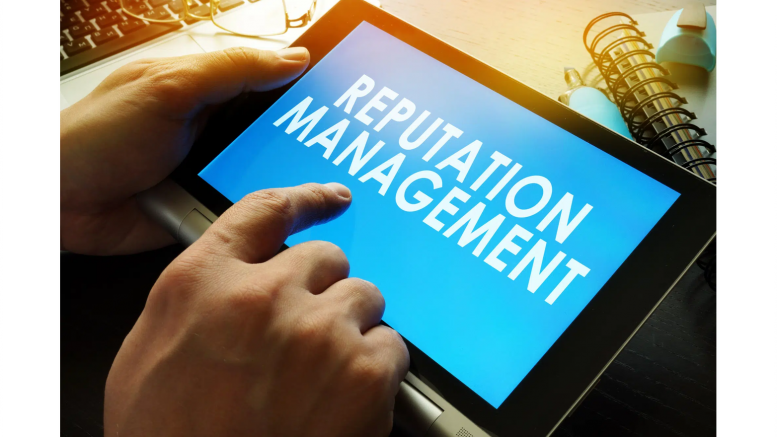How are oxygen, a lighthouse, and a safety net alike?
Each of them operates quietly in the background, unnoticed in calm moments but critical when things go wrong. Oxygen sustains life, a lighthouse guides through treacherous waters, and a safety net catches you when you fall.
When a company’s reputation seems strong, it’s easy to take a lot of things for granted. Only when cracks emerge, do organisations rush to repair the damage.
Reputation management is like an unseen insurance policy – under appreciated until disaster strikes. As Warren Buffett noted, “It takes 20 years to build a reputation and five minutes to ruin it.” Companies that invest in proactive management are like well-prepared sailors, able to navigate any storm with ease. This difference often distinguishes those that thrive in crises from those that flounder.
Crisis and the Cost of Neglect
Proactive reputation management is far cheaper than crisis recovery. Volkswagen’s emissions scandal and Facebook’s (Meta) Cambridge Analytica crisis illustrate this well. Both companies faced long-term consequences due to eroded consumer trust.
In today’s digital age, bad news travels fast and reputation can crumble in hours. The backlash against Bud Light’s marketing partnership with a transgender Tik-Tok influencer sparked an intense online firestorm. Within days, videos of people boycotting the beer went viral across social media, causing a steep drop in sales, an ongoing cultural debate infused with political storylines and bomb threats to factories. In May 2023, Bud Light lost its status as the top-selling beer in the United States, a spot it had held for 20 years. And all its VP – Marketing intended was to make it inclusive and to move away from “fratty and out-of-touch humour”.
In an era defined by rapidly shifting social values and instant reactions from online communities – whether considered woke or progressive – companies must remain vigilant, employ listening tools and practice proactive risk mitigation techniques. Even a single incident can trigger a storm of public backlash, whether fueled by so-called “Karens” or critics.
The Intangible, Yet Measurable, Impact
One reason the work of communications teams is often sidelined is the perception that it’s intangible and hard to measure unlike sales or profits, which provide immediate metrics. Reputation isn’t an abstract concept; it’s tied to tangible outcomes, like customer loyalty, employee engagement, investor confidence, and brand equity – which can be measured.
Companies can formalise regular surveys to gauge stakeholder perception and ensure alignment with corporate goals – addressing potential issues before they escalate. Businesses that build trust are better positioned to withstand reputational blows.
The Leader’s Role
Leaders who prioritise transparency, accountability, and ethical behaviour set the tone for the entire organisation.
Employees may feel disconnected when they see a gap between promises and actions. Imagine a leader that sends cake to employees’ homes on International Women’s Day, but discriminates against expecting mums in the workforce through retaliatory behaviour, denying flexi-work arrangements or limiting promotion opportunities.
No one wants to buy into empty rhetoric. If communications don’t align with the organisation’s values and purpose, their credibility is lost, eroding trust and engagement.
When Boeing faced scrutiny over its handling of the 737 MAX safety issues, its response was widely criticised. The company’s initial lack of accountability worsened public trust. Lack of clear leadership in a crisis highlights the importance of reputation management. Boeing’s initial crisis communication playbook became ineffective, revealing the need for a shift in approach and a more robust, long-term strategy.
Brands must stay connected to their core values, be authentic, ethical and purpose-led – or risk becoming impersonal.
When second-best matters!
While it’s easy to ignore in times of prosperity, reputation management is profoundly felt in times of crisis. Businesses must shift from a reactive to a proactive approach to reputation management, investing time and resources into maintaining and building trust with their stakeholders before disaster strikes.
As the proverb goes, “The best time to plant a tree was 20 years ago. The second-best time is now.”
The views and opinions published here belong to the author and do not necessarily reflect the views and opinions of the publisher.



Be the first to comment on "What’s Valued Only When It’s Broken?"